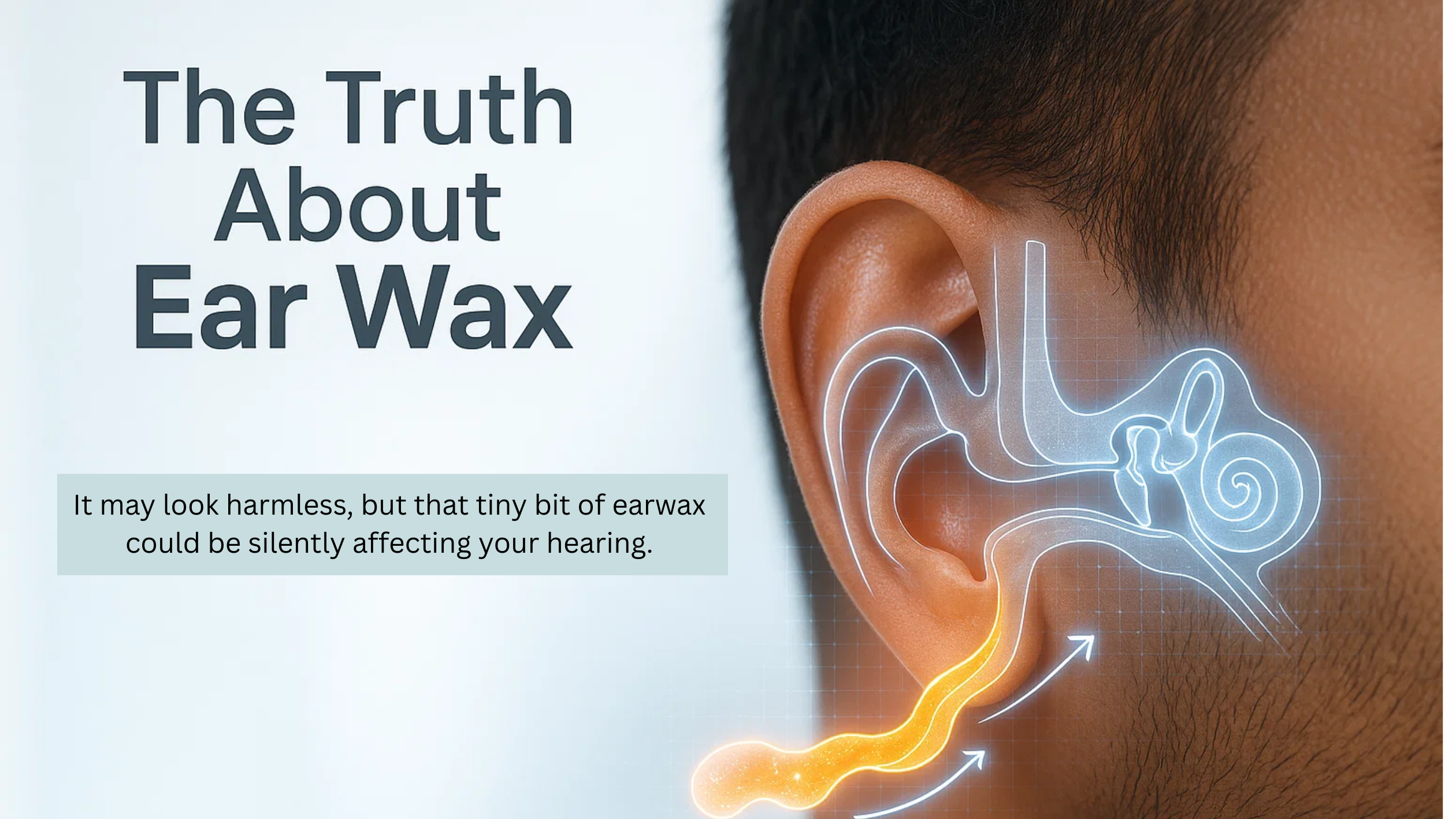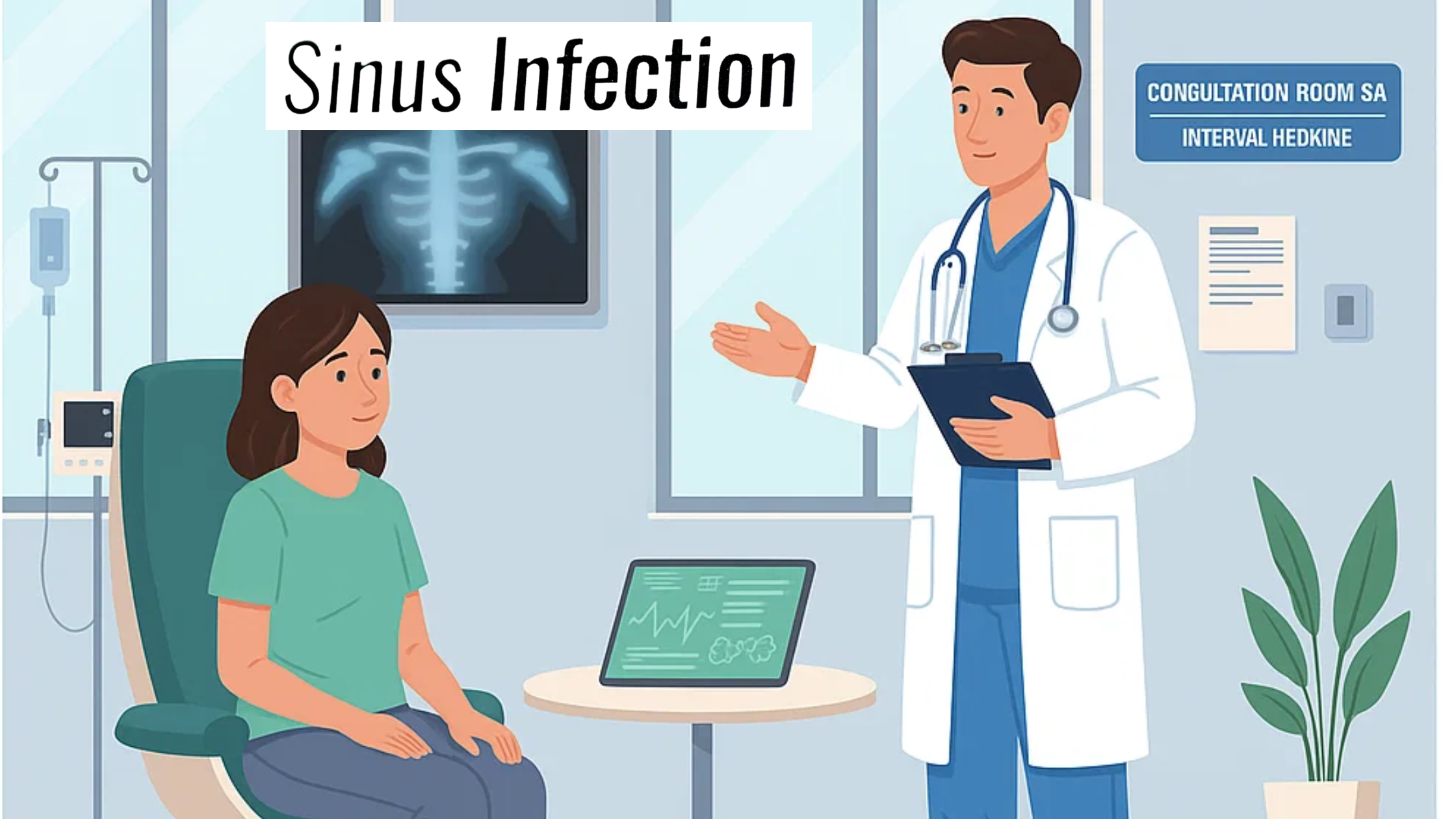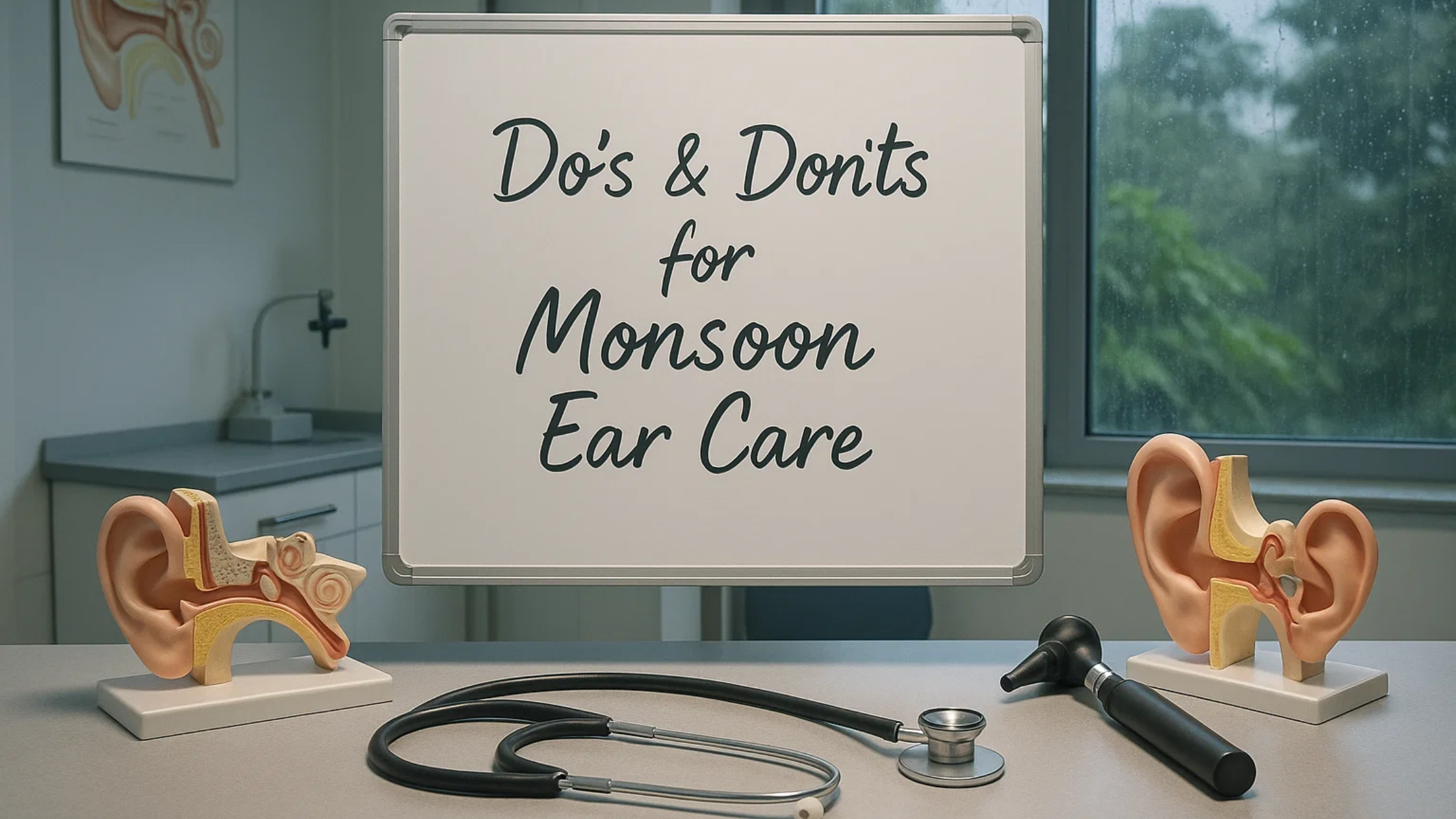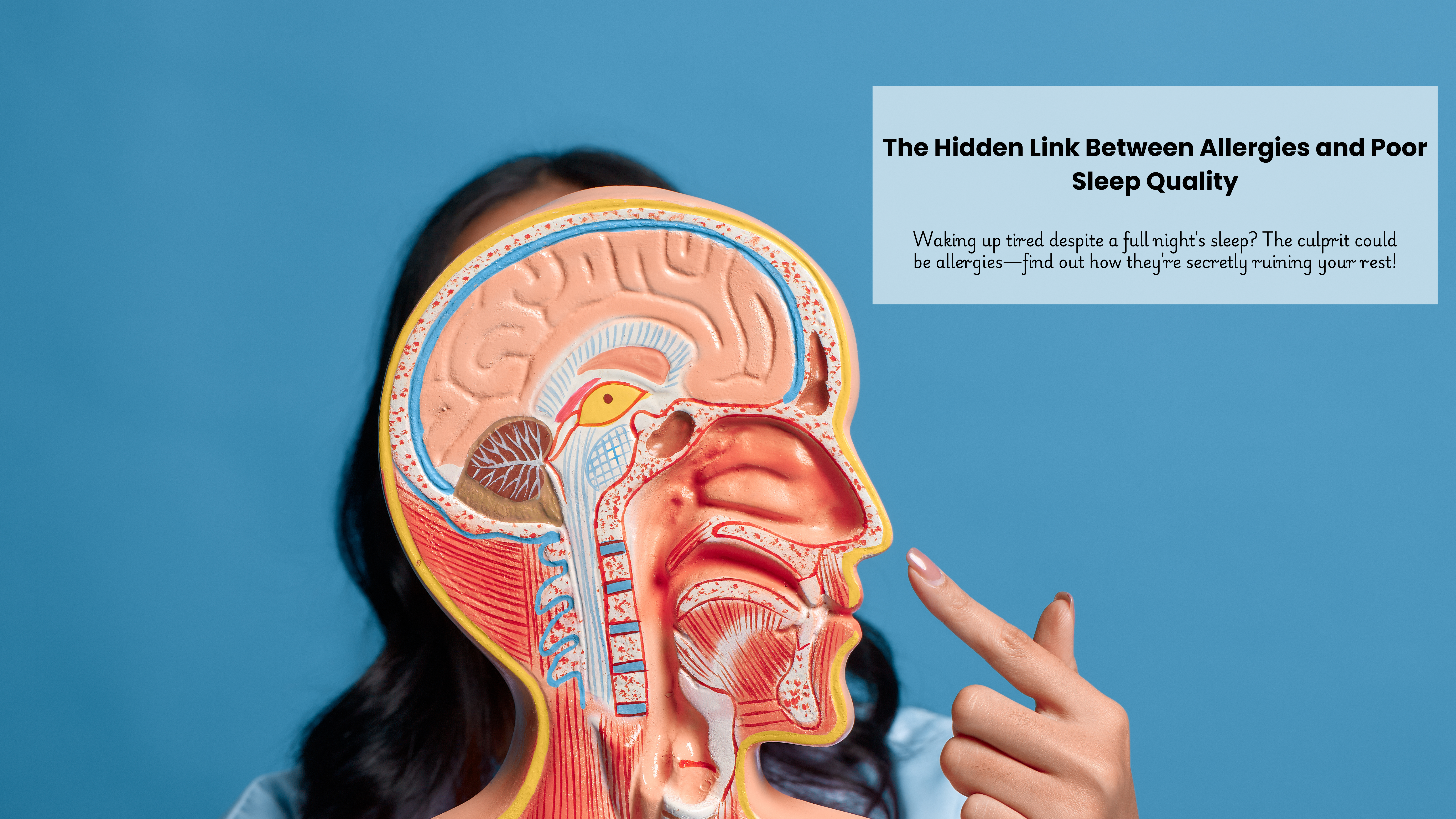1. Understanding the Hidden Links Between ENT and Neurology
ENT (Ear, Nose, and Throat) symptoms are commonly attributed to local infections or seasonal allergies. However, in some cases, they can be early indicators of serious underlying neurological disorders. Being aware of when a seemingly simple ENT issue is more than just a cold or ear infection can make a significant difference in early diagnosis and treatment.
Could your ear ringing or frequent nosebleeds be more than just a local issue? This blog explores the important intersection between ENT health and neurological warning signs.
2. The Overlap Between ENT and Neurology
ENT functions are closely connected with the nervous system, especially through the cranial nerves. These nerves control hearing, balance, swallowing, facial movements, and more. Disorders affecting the brain or nerves can often first appear as ENT-related symptoms.
Recognizing these overlapping symptoms is crucial for timely medical intervention and preventing complications.
3. Common ENT Symptoms That May Indicate Neurological Disorders
| ENT Symptom | Possible Neurological Cause |
|---|---|
| Sudden Hearing Loss | Acoustic neuroma, Multiple Sclerosis (MS), or stroke. Immediate evaluation is necessary. |
| Tinnitus (Ringing in Ears) | Nerve damage, brainstem tumors, or vascular abnormalities near the auditory nerve. |
| Persistent Dizziness/Vertigo | Vestibular migraines, brainstem stroke, or neurological vestibular neuritis. |
| Difficulty Swallowing (Dysphagia) | Parkinson’s disease, Amyotrophic Lateral Sclerosis (ALS), or stroke. Neurological assessment needed. |
| Loss of Smell (Anosmia) | Early sign of Parkinson’s, Alzheimer’s, or post-viral neurological syndromes. |
| Facial Pain or Numbness | Trigeminal neuralgia, MS, or brain tumors affecting cranial nerves. |
| Hoarseness/Voice Changes | Vagus nerve damage, brainstem disorders, or diseases like myasthenia gravis. |
4. Red Flags: When ENT Symptoms Require Neurological Evaluation
Watch out for the following:
- Persistent ENT symptoms with no clear local cause
- Neurological symptoms like limb weakness, double vision, or seizures
- Combination of ENT and cognitive/motor symptoms
- Sudden changes like hearing loss or facial numbness
5. Conditions Where Neurological and ENT Symptoms Overlap
Some medical conditions show both ENT and neurological signs. These include:
- Acoustic Neuroma
- Multiple Sclerosis (MS)
- Parkinson’s Disease
- Stroke or TIA (Mini-Stroke)
- Brainstem Tumors
- Meningitis and Encephalitis
6. Importance of Early Diagnosis
Early detection of neurological causes behind ENT symptoms can prevent complications and allow for timely intervention. ENT specialists often serve as the first point of contact and can help direct patients to the appropriate neurologist for advanced care.
Delays in recognizing the neurological origin of ENT symptoms can lead to worsening of the underlying condition, potentially affecting quality of life, mobility, cognitive function, or even survival. For example, symptoms like sudden hearing loss or persistent vertigo might be dismissed as minor issues, but could indicate serious concerns like brainstem stroke or multiple sclerosis.
7. Diagnosis and Tests to Expect
To identify underlying neurological disorders, the following evaluations may be suggested:
- Audiometry and Tympanometry
- MRI or CT scans
- Videonystagmography (VNG) or balance tests
- Neurological assessment
- EMG or nerve conduction studies
8. Treatment Approach
Treatment depends on the diagnosis and may include:
- Medications (anti-inflammatory, neurological drugs, antivirals)
- ENT procedures or surgeries
- Neurological therapies or surgery
- Multidisciplinary rehabilitation (speech therapy, physical therapy, cognitive therapy)
9. Expert Advice: What Patients Should Know
- Keep a symptom journal with dates, intensity, and triggers
- Don’t ignore persistent or unexplained ENT symptoms
- Consult an ENT if symptoms persist >1 week
- Seek neurological help if symptoms are sudden or paired with other unusual signs
10. Conclusion
Many ENT symptoms can serve as early warning signs of neurological disorders. By staying alert and seeking timely medical advice, patients can avoid delays in diagnosis and get the right treatment from both ENT and neurology specialists.
Don’t Ignore Persistent ENT Symptoms
Consult Dr. Sushant Joshi at ENT FOR ALL, Rajasthan’s leading ENT clinic. With specialized care in hearing loss, allergies, voice issues, and more, our expert team is here to help you get the right diagnosis and treatment. Book your appointment today in Udaipur.
















